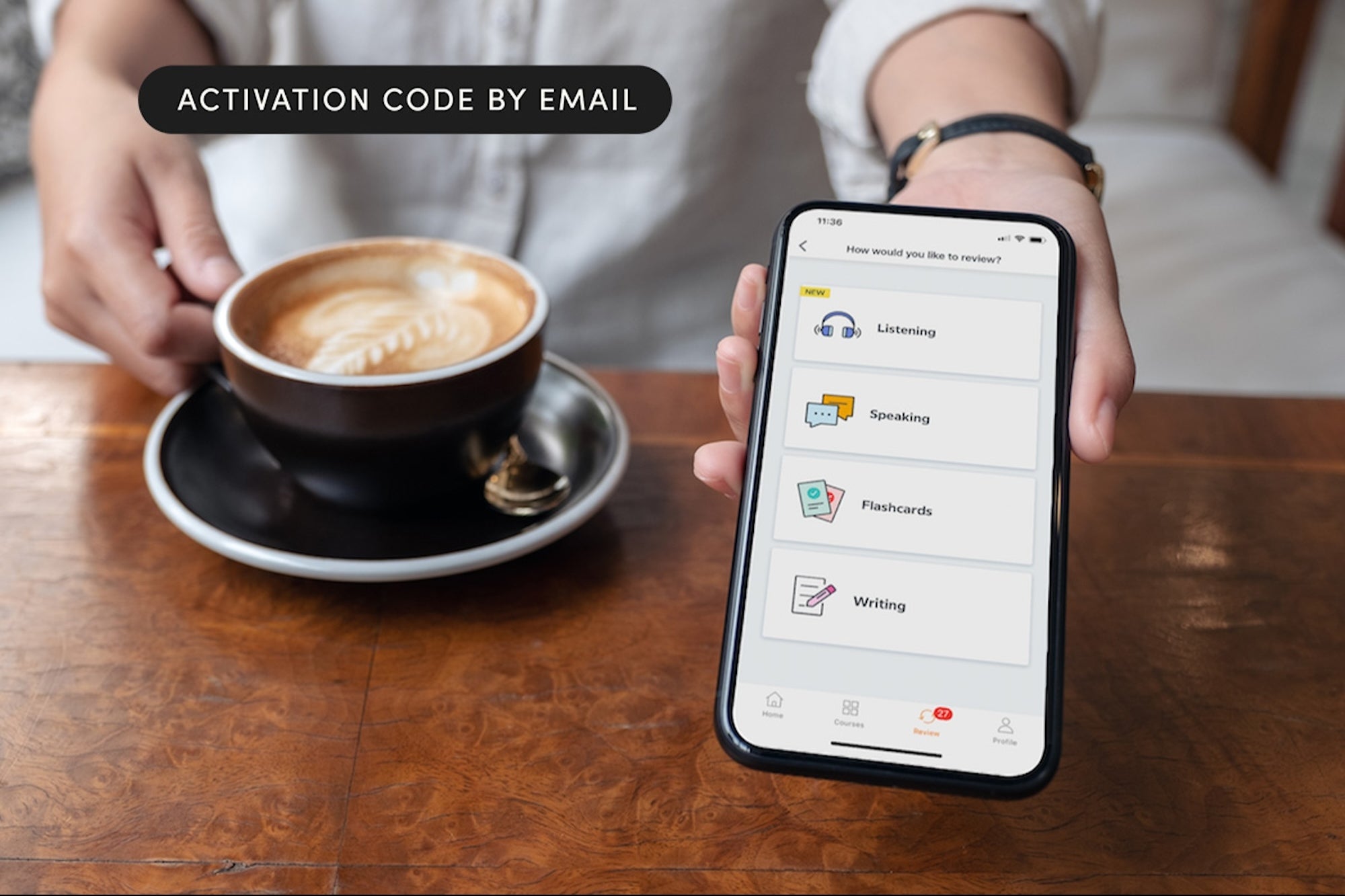3 Lessons From Tim Ferriss About Avoiding Burnout A chance encounter with the productivity guru yields three priceless insights.
By Brian J. Roberts Edited by Jessica Thomas
Opinions expressed by Entrepreneur contributors are their own.

We sat in the southern courtyard of Oheka Castle, the 127-room chateau-style estate along New York's affluent North Shore. As the other guests at the Shopify Build-A-Business VI dinner made their way back inside, I saw Mr. Productivity himself sitting a few chairs down: Tim Ferriss.
I'd been a staunch follower of his work since 2007 -- the release year for the first edition of "The 4-Hour Work Week: Escape 9-5, Live Anyway, and Join the New Rich." Understandably, I was nervous to say hello. "Screw it," I thought, taking a swig of courage and making my way over. I introduced myself, we toasted wine glasses, and then we covered topics ranging from what microphone I use for interviews to his upcoming book.
But there was a bigger question I had in mind. Turns out, it was the same one other Shopify contest winners wanted answered: How do entrepreneurs avoid burnout? Here are a few insights Ferris shared.
1. Identify your most important metric and scale it weekly.
There's no shortage of data out there. Tools can help e-commerce entrepreneurs track everything from customer demographics to churn rate. So data isn't the problem. It's the sheer amount of data that eventually becomes stifling. There's no way for one person to sift through it all.
Let's use me as an example. My biggest metrics are shopping-cart conversion, shopping-cart size and shopping-cart abandonment rate. Now, let's say I have no trouble getting users to my site or to checkout, but they always end up buying the cheapest item. My metric would be increasing shopping-cart size, so I'd track cart size week over week.
Again, the key here is to nail down just one metric. It should be whichever one is most important to your business at the moment. Then, focus on moving it forward week over week. Ferriss says the biggest risk for startups is not failing to execute -- it's executing too many (often unimportant) tasks at once.
Related: The Most Important Metric You Can Track
2. Define the 80/20 rule in your inputs and desired outputs.
The goal of this exercise is twofold: to help you identify inefficiencies and strengths. Taking inventory of both allows you to eliminate the former while multiplying focus on the latter. You need to identify which activities will achieve the highest ROI for the least effort and then zero in on only those tasks. Once you do, you'll alleviate burnout and get on the road toward sustainable, long-term growth.
If you're still overwhelmed, focus on the negatives first -- i.e., inefficiencies and psychic anchors holding you back. Oftentimes, getting rid of these alone will do the trick.
Related: The 80/20 Rule of Time Management: Stop Wasting Your Time
And now for my personal favorite. Let's see if you can guess why.
3. Book a 4-week (or longer) vacation in the next 12 months.
Why four weeks or more versus the conventional two? It forces you to remove yourself as a bottleneck. Two weeks is just short enough for you to come back and try to put out fires. Four weeks forces you to develop systems, rules and policies that enable your business to run without you. The other side effect? You position yourself for a future windfall by making your business sellable.
But you can't just go anywhere. Make sure the location isn't associated with business or work. Ferriss suggests you get outside your normal routine and working environment. In fact, he recommends Japan.
It's an opportunity to be in a completely alien environment without sacrificing safety. Social conventions are different. Western influence is absent. For most English speakers, Japanese language and handwriting are virtually unintelligible. Plus, there's so much to explore. This shock to your system will give you a new perspective on everything -- especially your business.
Book everything in advance and, ideally, with other people so it's harder to cancel.
Related: The Secret to Increased Productivity: Taking Time Off












